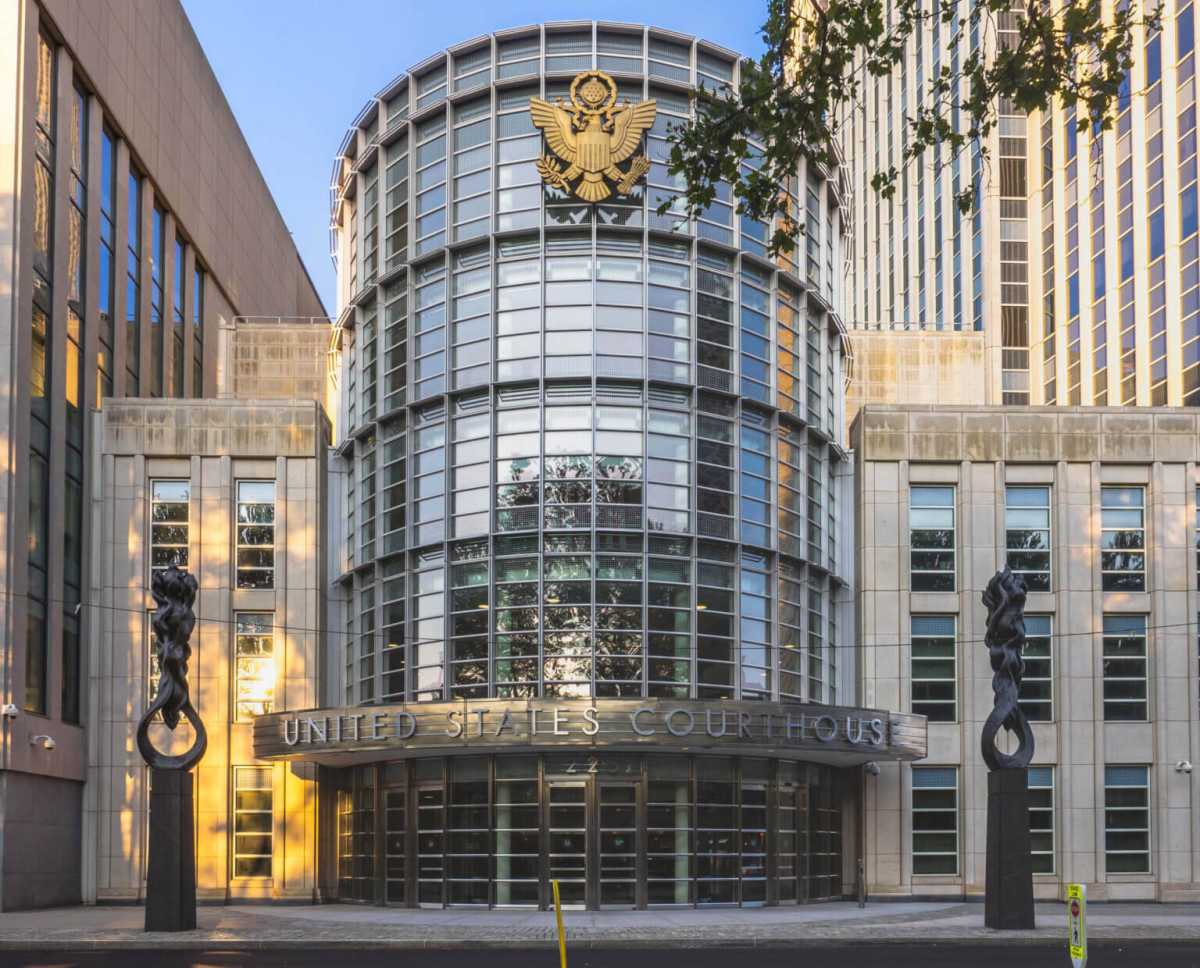Some Democrats need to read the United States Constitution more closely since a number of them are calling President Donald Trump’s nomination of Judge Amy Coney Barrett to the Supreme Court “illegitimate.”
New York’s own junior Senator and former presidential wannabe Kirsten Gillibrand tweeted this week, “I will not meet with Judge Amy Coney Barrett. This nomination process is illegitimate. I refuse to participate in the further degradation of our democracy and our judiciary.”
Democrats obviously are vehemently opposed to the prospect of a solid conservative majority on the Supreme Court for decades to come, but to say the nomination of Barrett is “illegitimate” fans the flames of divisiveness in our country. However, we should not be surprised as many Democrats still call Trump an illegitimate President. Ironically, it is these same Democrats that continuously accuse our president of divisive rhetoric.
I have instructed college political science classes for over 15 years, and in my readings of the Constitution have yet to see anything that says the provisions relating to filling a Supreme Court vacancy are suspended in an election year.
Indeed, Article 2, Section 2, Clause 2 of the United States Constitution states that the President “shall nominate, and by and with the Advice and Consent of the Senate, shall appoint…Judges of the Supreme Court.” There are no conditions, such as how close to an election a nomination is made, for senators to apply in considering confirmation.
Democrats are making comparisons to President Barack Obama’s nomination of Merrick Garland to the Supreme Court in 2016, also a presidential election year, after the death of Justice Antonin Scalia. The GOP-controlled Senate refused to move forward with their advice and nomination, citing the election season, and leaving the court to convene that October with only eight justices.
Republicans today contend that, unlike in 2016, they control both the White House and Senate; therefore, it is the will of the voters that they move forward with their agenda, especially when it comes to judicial appointments.
One can disagree with this argument, but to call the president’s nomination of Barrett and the Senate’s upcoming consideration of her to fill the current vacancy on the Supreme Court “illegitimate” has no constitutional or legal basis. It just needlessly further inflames the division in our country.
In addition, does anyone really doubt that if the roles were reversed and Democrats controlled both the Senate and the presidency that they would not be doing the same exact thing today? As Louisiana Senator John Kennedy, a Republican member of the Judiciary Committee said on Fox News Sunday last week, “If you don’t believe that, you probably peaked in high school.”
It is understandable for Gillibrand to vote against the confirmation of Barrett, but to call it an “illegitimate” process and a “degradation of our democracy and our judiciary” is just another example of how the radical left has taken over the Democratic party.
Bob Capano has worked for Brooklyn Republican and Democrat elected officials, and has been an adjunct political science professor for over 15 years. Follow him on twitter @bobcapano.






















